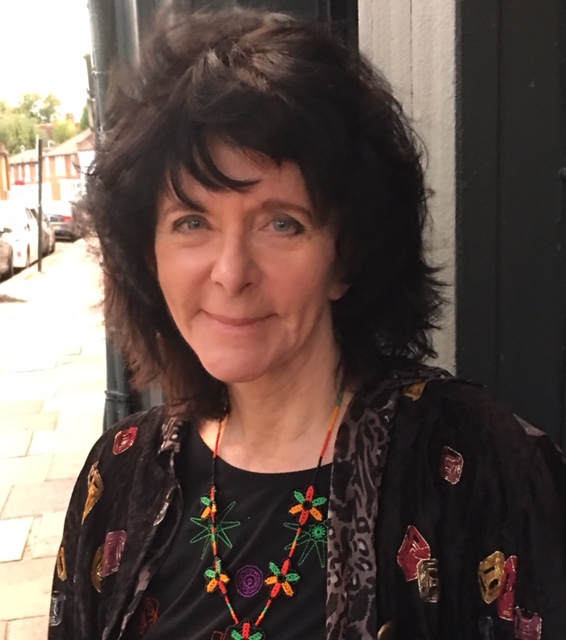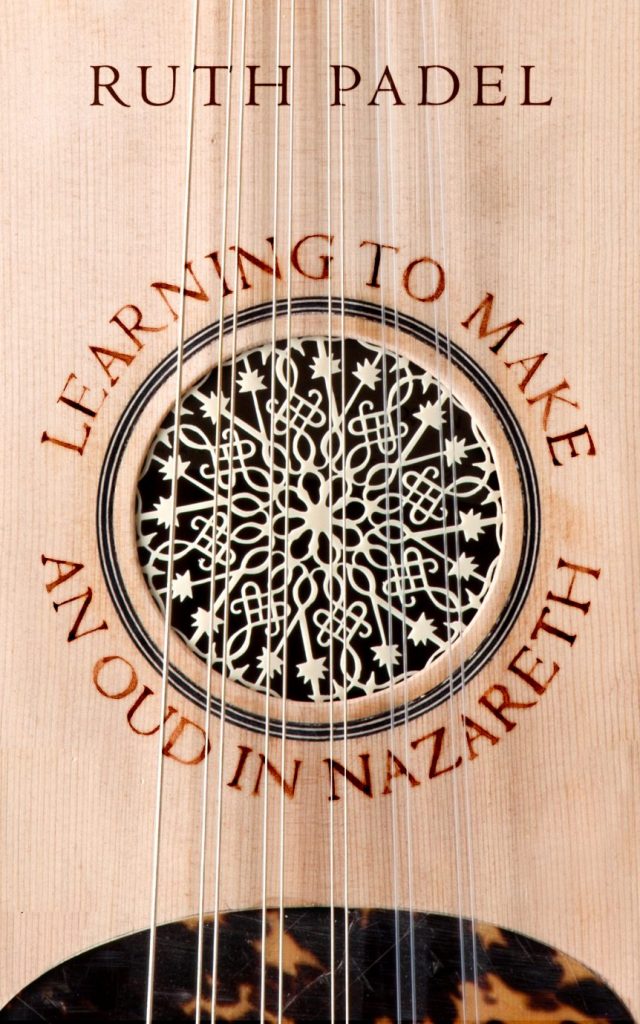
Ruth Padel
Learning to make an oud in Nazareth
A daring collection, shortlisted for the T. S, Eliot prize, on conflict, harmony and the Middle East.
Through images of conflict and craftsmanship, these poems trace a quest for harmony in the midst of destruction. An oud, central instrument in Middle Eastern music and ancestor of the western guitar, is made and broken. An ancient synagogue survives arson, a guide shows us Bethlehem’s Church of the Nativity during a siege. A Polish Jew in a Nazi camp carves a chain out of a broom handle; a Palestinian boy in a West Bank refugee camps learns capoeira. At the heart of the book are Christ’s words from the Cross.
Uniting this collection is common ground shared by all three faiths in the region, Judaism, Christianity and Islam: a vision of human life as pilgrimage and struggle, but also an act of making whose patterns and forms cross all boundaries. With extraordinary care and empathy Ruth Padel suggests that rift in the Holy Land speaks to conflict in our own hearts. ‘Wherever we’re looking from / we are this Middle East. Some chasm / through the centre must be in and of us all.
From reviews:
‘A meditation on conflict and history like the ending of TS Eliot’s Little Gidding but without the mono-culturalism. Sustained feats of imagination: every detail is valuable,’ Independent
‘Wonderful, audacious, minutely crafted. The magnificent central section about the crucifixion is an imaginative feat and her command of register is masterly, moving from formal to conversational with graceful authority.’ Observer
‘With extraordinary breadth of erudition, sensitivity to different cultural environments and powerful visual alertness, this collection has all the characteristics we expect from Ruth Padel. Readers will be struck by the mature command of these poems as well as their great range of subject and feeling.’ Rowan Williams
‘Padel is one of our most talented writers. She turns her multi-layered poetic attention to the Middle East, seeking peace and harmony through sensitive and moving poems that offer hope even as they reflect upon struggle.’ Bel Mooney, Daily Mail
‘Lyrical and sensual, albeit with a keen awareness that in war zones, music, love and poetry are side-lined even as they become more vital.’ Suzi Feay, Independent on Sunday
‘Superb collection… Sorrowful and elegiac, but ends on a note not entirely without hope,’ Glasgow Sunday Herald
